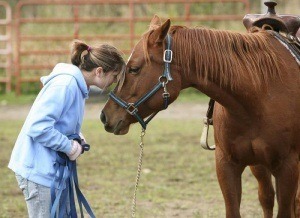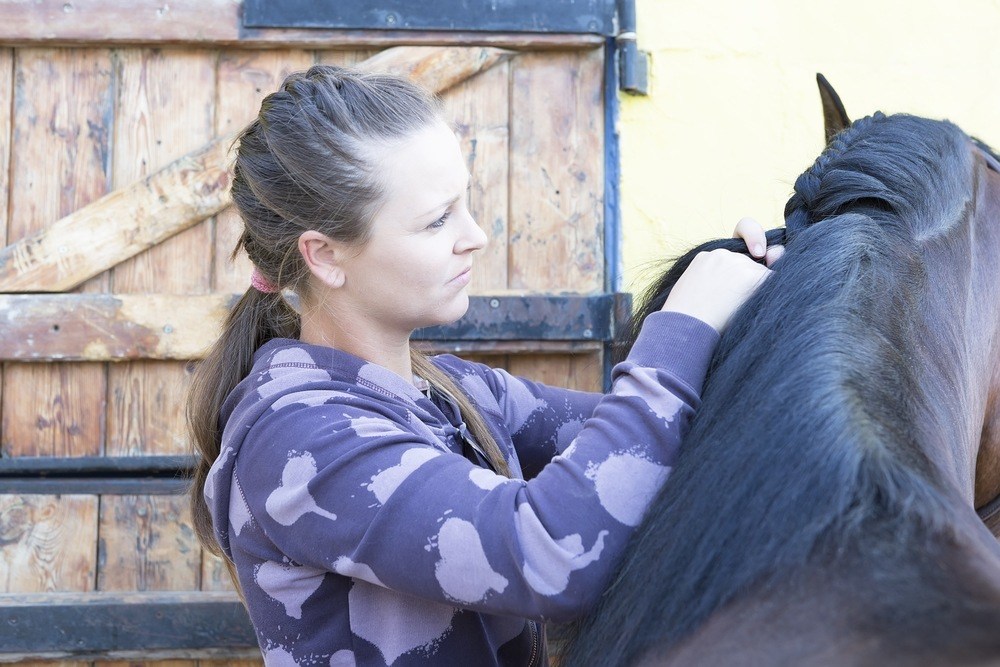Equine Therapy
 Equine therapy treatment for substance abuse is meant to teach patients how to rebuild relationships. A horse’s companionship allows patients to bond emotionally, gain a sense of responsibility, and forge trust. If you’d like to know more, just contact our trained admissions counselors at 866-349-1770 for details.
Equine therapy treatment for substance abuse is meant to teach patients how to rebuild relationships. A horse’s companionship allows patients to bond emotionally, gain a sense of responsibility, and forge trust. If you’d like to know more, just contact our trained admissions counselors at 866-349-1770 for details.
The Important First Step
The first step in any treatment of addiction is the detoxification process if one is required. This is because some substances don’t just create a psychological dependency due to the feelings they give to the addict, they create an actual physical dependency as well. The body now physically craves a particular substance, such as painkillers, or heroin, and because of this, the addiction can lead a person to many dark places in their life. The addict may say things to people that are regretted later, or do things in a similar vein, and part of this is because their body now believes it NEEDS the substance as a matter of survival, like food or water, and they are simply trying to do their best to satisfy that need.
This means that a rehabilitation often begins by first purging the system. The body must be clean, and the physical dependency must also be broken. This can be a very intense and physically demanding time for the recovering addict, but it’s a necessary stepping stone. At the end of it, once physical recovery has begun, addiction recovery can then take place, and for some, equine therapy for addiction is a great place to start.

How Equine Therapy for Addiction Works

Equine Therapy for addiction has been in practice in the United States since the late 1960s, and, for a certain type of person, has proven to be an incredibly effective method of treatment with some very positive and surprising results. The bond between humans and animals has always been high, and many people are already familiar with the decades-long relationships we establish with cats and dogs, allowing them to become treasured members of a household.
Mending Broken Relationships
However, once detoxification and withdrawal are over, simply putting a person back in their old life is not going to repair the damage that’s already been done. That is going to take work, and often it will also take the acquisition of new social skills, more empathy, and stronger bonds to make these connections. Equine therapy treatment is a safe way to undergo this process with a partner that is not judgmental, biased or harboring a personal or ulterior motive; a horse.
Working to Build Trust
People in recovery are “assigned” a horse, and this relationship may last for as long as one year, perhaps more if required. Coming into the care of a horse and learning to feed it, maintain it and ride it provides a special kind of structure that greatly benefits someone in the recovery stage.
A horse can sense a person’s emotions, and it responds to them. A horse will retaliate if it is treated unfairly, but will respond appropriately when it is treated with trust and respect. There is no hypocrisy, deception or politics with a horse, and if it decides to trust a person, it is simply because that person has earned that trust. A relationship with a horse is uncomplicated but powerful, rewarding but pure.

Lessons Learned From Equine Therapy
From the Blog
Unveiling the Hidden Struggle of High-Functioning Depression
Learn how to understand the signs and struggles of high-functioning depression in yourself or a loved one.
read more



